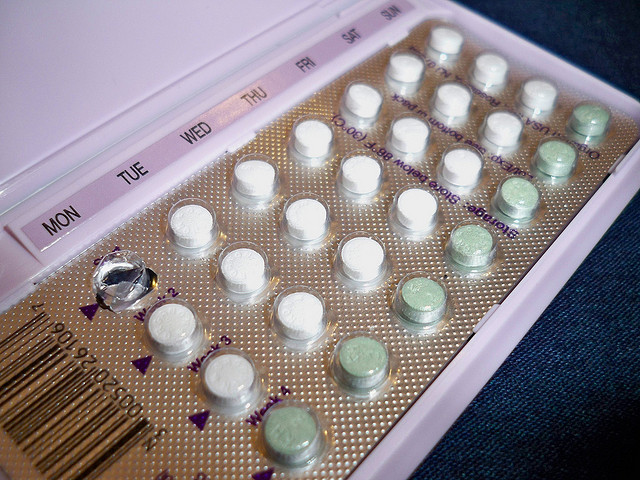 There are now more forms of contraception choices available than ever before, meaning you shouldn’t struggle to find a method that suits you.
There are now more forms of contraception choices available than ever before, meaning you shouldn’t struggle to find a method that suits you.
You can take your pick from options including the pill, implant, injections, patch, caps, condoms, intrauterine device (IUD) and more. There is also the morning after pill for emergency situations.
However, depending on the type of contraceptive you’re using, you might worry about the impact it will have on your long-term fertility. After all, it is often said that being on hormonal contraceptives such as the combined pill for a long time can damage fertility.
Disclosure: This post is for informational purposes only. Please see your health care professional if you are struggling to get pregnant or have any questions about your fertility.
Dispelling a Myth
In fact, this is a complete myth. No method of contraception (except for sterilisation) has an impact on future fertility. This means you can carry on taking the pill, or using other methods of birth control, without worrying that you’re harming your chances of starting a family further down the line.
Get The Facts
The important thing when you’re using contraception of any kind is to make sure you’re in full possession of the facts. This way, you can make informed, confident choices.
For example, it is important to bear in mind that your fertility may take longer to return to normal after using certain types of contraception. Some women who use the injection find that it takes them a few months longer to get pregnant once they start trying for a baby.
If you want to ensure your fertility gets back to normal immediately once you come off your birth control, you should consider using an implant, an IUD, an intrauterine system, condoms or a diaphragm or cap.
You can get pregnant right away once you come off the pill, but it may take a while for your periods to return to normal. Some people prefer to switch to using condoms when they come off the pill until their menstrual cycle has re-established itself before they begin trying for a baby so that they can try to track when they are ovulating.
Getting Pregnant
Most couples who try for a baby get pregnant within a year if they don’t use contraception and they have regular sex. However, a range of factors can affect your ability to conceive. For example, age plays a role. While 98 per cent of women aged between 19 and 26 get pregnant within two years, this figure falls to 90 per cent among those aged 35 to 39. Your general health and your reproductive health can also affect your chances of conception.
Certain types of contraception, including the pill, mask any menstrual irregularities and this is something to bear in mind if you’re planning to start a family. However, there is no need to worry that the contraceptives you’re using will affect your long-term fertility.
Photo Credit: Flickr via Creative Commons
How long did it take you to get pregnant after you stopped using contraception?
Comments
6 responses to “How Contraception Can Affect Fertility”
Thanks for sharing this information. Good stuff to know for those who want to have children.
This is awesome information for woman looking to get pregnant later who want to use contraceptives now. My sister was on the shots for a couple of years and within a month of stopping them she became pregnant. She was 37 also. Thanks for sharing.
It happened to me, and I've read it's happened to lots of women. Suppressing hormones is what birth control pills do, and I had it happen to me. When I went off them, my menstrual cycle did not return at all and I waited for it for a year. I was only 21 years old at the time. I had to have drugs to force ovulation and my period to return. I got pregnant and had my first child, which brought my cycle back to normal. But, I would never use any contraception that involves my hormones ever again.
I’ve never tried any form of contraceptive before. These are great info, thanks for sharing!
I took the pill for some years and if I had it to over again would not have done so. It was hard to get my cycles regular again, it affected pigmentation of my skin, and just in general I no longer believe in these man-made interferences with the female body. But that’s just me …
I had a similar experience and I agree.